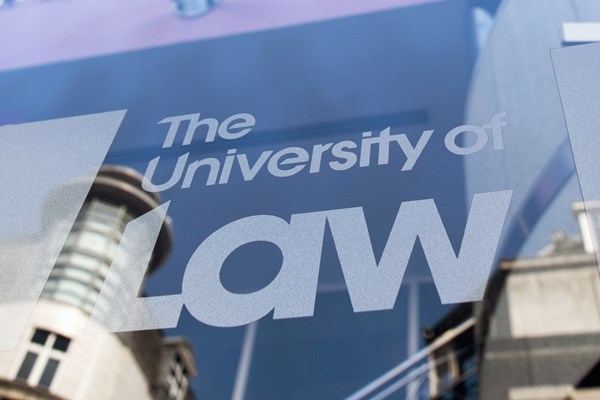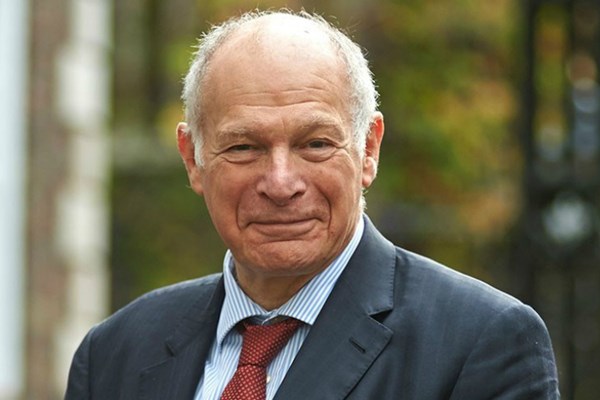about Governance
Please see below for an explanation of how The University of Law is run.

governanceOur Board
The Board sets the overall strategic direction for the University.

governanceOur Executive team
The Executive Board manages the University on a day to day basis.

governanceOur Chancellor
Lord Neuberger
Lord Neuberger was called to the Bar at Lincoln’s Inn in 1974 and became a Queen’s Counsel in 1987, receiving a knighthood in 1996 when he became a High Court Judge. He was made a life peer as Baron Neuberger of Abbotsbury in 2007.
Lord Neuberger took up the role of President of the Supreme Court in October 2012 - overseeing some of the UK’s most high-profile cases - before retiring from the role in September 2017.
The University of Law Ltd is a company registered in the UK with company number 07933838, whose ultimate parent company is Global University Systems Holding BV (“GUS”), a Netherlands corporation. A Governance Agreement is in place setting out how the University and GUS will operate, in such a way that the shareholder sets the strategic direction, whilst at the same time the University enjoys considerable operational and complete academic autonomy through an effective Board of Directors underpinned by a series of committees.
The Board ensures that the university is properly run in compliance with legal and regulatory requirements for higher education institutions, in particular the “Regulatory framework for higher education in England”, as published by the Office for Students. The Board follows the Institute of Directors’ “Corporate Governance Guidance and Principles for Unlisted Companies in the UK” whilst also having regard for the Committee of University Chairs Governance Code.
The Board reviews its effectiveness annually, at times commissioning an external review of governance to supplement its self-assessment.
The University’s Board currently consists of:
- a Chairman, appointed by GUS
- three independent non-executive directors
- two shareholder directors
- three executive directors, including the Vice-Chancellor and CEO
The Board meets nine times a year. Board members have an appropriate range of skills and experience for an organisation of this size and nature.
All key elements of the University’s business are overseen by a series of committees. The roles of these committees are as follows:
- The Academic Standards Committee is a committee of the Board, chaired by an independent NED, which allows the Board to understand, challenge and oversee the workings of the Academic Board. This is how the Board is assured that academic quality meets our expectations.
- The Audit Committee, also chaired by an independent NED, looks at risk management, internal controls, liaison with internal and external audit and oversight of the annual accounts.
- The Nominations Committee, chaired by the Chairman of the Board, looks at appointment and termination of members of the Board, and regularly reviews the composition of the Board.
- The Remuneration Committee, chaired by an independent NED, oversees the remuneration of the Board and senior executives.
- The Finance Committee, chaired by a GUS director, oversees financial and business performance, budgets and treasury.
Minutes and updates from these committees are brought to each meeting of the Board.
Day to day running of the University sits with the Executive Board, chaired by the Vice-Chancellor and Chief Executive.
Finally, the Academic Board is the academic authority within the University, and is chaired by the Vice-Chancellor and CEO.
The Academic Board itself has a number of committees, through which it undertakes its responsibilities for academic governance; academic strategy; academic standards and quality assurance; including programme approval, programme delivery, monitoring and review, admissions, learning and teaching quality, staff development, ethical research, working with others, widening participation and access, and enhancement. The effectiveness of the committees’ work is reviewed by the Academic Board, which itself is challenged and overseen by the Academic Standards Committee of the Board.
